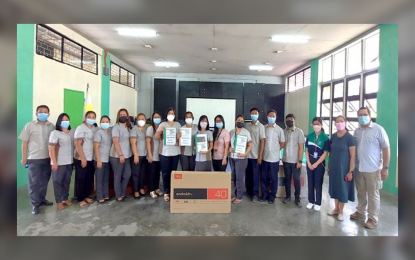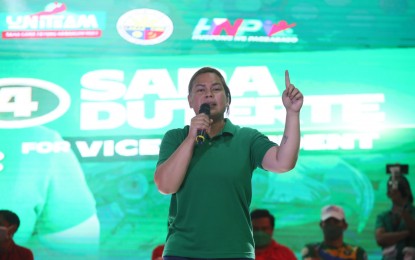PERSONAL LIFELONG LEARNING PLAN
Name and School: _LUBON NATIONAL HIGH SCHOOL_ Specialization/Subjects Handled: __Disaster Readiness and Risk Reduction/ ELECTIVE/ Media and Information Literacy / P.E. 11 - 12 / Philippine Politics and Governance/ E-TECH/_Understanding Culture Society and Politics/ IMMERSION/CULMINATING ACTIVITY
Read more: PERSONAL LIFELONG LEARNING PLAN SAMPLE
Microsoft details a new multi-stage phishing campaign that only affects victims without multifactor authentication in place
A recently discovered multi-stage, large-scale phishing campaign first observed in APAC employs a novel technique that is only successful against organisations that do not have multifactor authentication (MFA) in place, according to Microsoft’s security team.
In a newly published disclosure, Microsoft revealed how the campaign targeted victims in Australia, Indonesia, Singapore and Thailand, first through the fairly standard practice of stealing credentials – in this instance via a fake DocuSign phish that directed them to a spoofed Office 365 login.
Read more: Novel phishing campaign highlights need for MFA, says Microsoft



